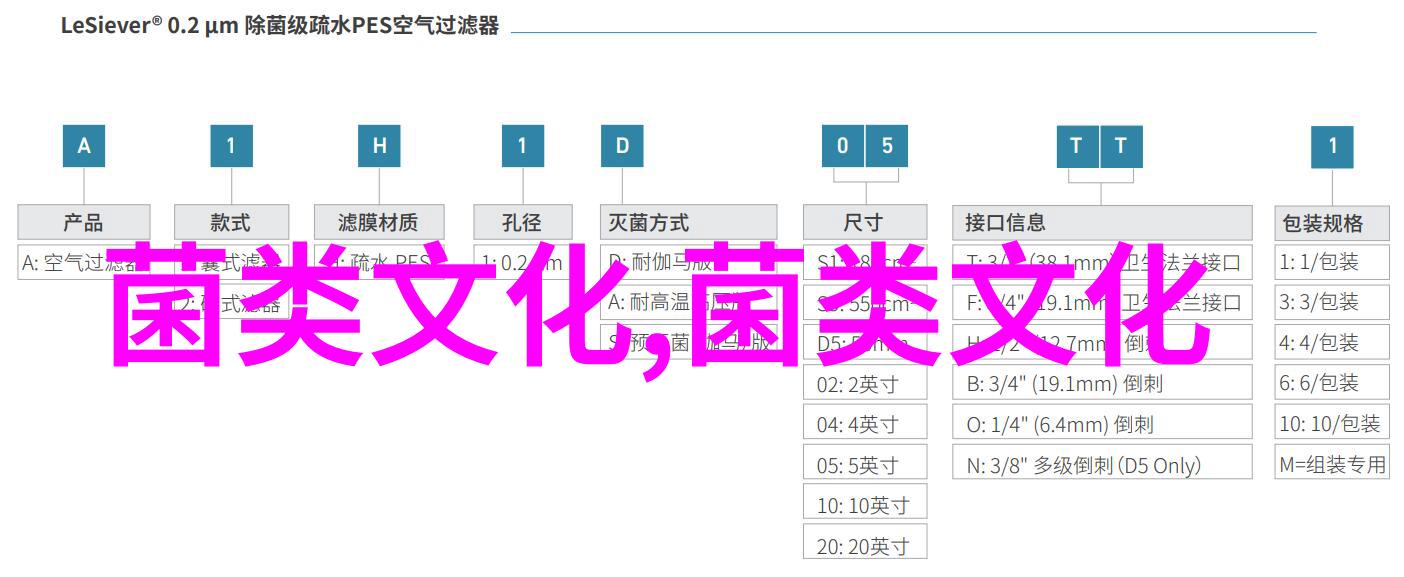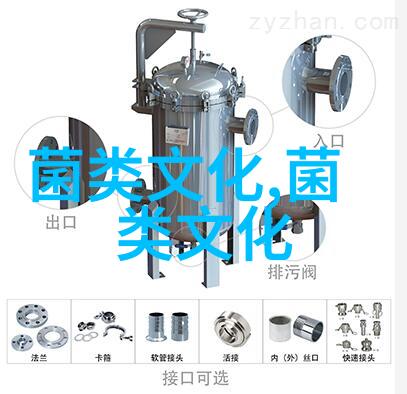
法律风险评估与医疗纠纷预防策略
在当今社会,医院作为提供医疗服务的重要机构,其所面临的法律法规知识培训内容日益复杂和严格。为了确保医疗活动顺利进行,同时避免因不了解相关法律法规而引发的法律风险,医院必须加强对员工的法律法规知识培训,以提高他们对于医德、医纪、医政及相关医学伦理和专业规范的认识。

医院内部环境与文化建设
医院内部环境与文化是维护良好工作氛围和促进合规管理的一部分。通过对员工进行定期的培训,可以增强其理解并遵守医院内外部政策、程序以及行业标准。这包括但不限于隐私权保护、数据安全管理、药品使用规范等方面。此外,培养一种尊重患者权益和透明沟通的工作态度,也是减少潜在纠纷的一个关键环节。

法律风险评估方法论
有效地进行医疗领域的法律风险评估需要采取系统化方法。在此过程中,可利用SWOT分析(优势-劣势-机会-威胁)来识别可能存在的问题,并提出相应解决方案。同时,对潜在事件发生时可能产生影响的大事项,如违反规定操作或错误处置情况,要有详细记录,这样可以为后续调查提供必要信息。

预防措施与应急响应机制
为了降低由未知或未被预见到的事件导致的问题,可以建立一套全面的预防措施和应急响应计划。这些计划应当涵盖紧急情况下的流程安排,以及如何快速有效地介入以减轻损害。此外,对于高风险项目或新技术应用,还应该开展专门的小组讨论,以便更好地掌握实际操作中的具体问题,并从中学习经验。

医疗事故处理流程设计
在出现医疗事故时,迅速准确地处理具有至关重要性。一套清晰且可执行的事故处理流程能够帮助医院减少责任争议并保障公正审查。在这个过程中,需要结合专业知识评价事故原因,并根据不同情形采取相应补救措施,同时记录所有涉及到的事实证据,以备未来任何可能的情形下展开辩护或诉讼。

法律支持团队建设与运作
拥有一个专注于医疗领域法律事务支持团队对于维护医院合规运营至关重要。这意味着该团队不仅要具备深厚的人文精神基础,还要熟悉最新医学发展趋势以及相关立法动态。他们还需不断更新自己的专业技能,使得能迅速适应不断变化的情况,从而为整个组织提供持续稳定的法律支持。
总结: hospitals must provide comprehensive legal and regulatory training to their employees, focusing on medical ethics, professional standards, and industry regulations. By doing so, they can minimize potential risks and ensure compliance with laws and regulations. A well-designed risk assessment process is essential for identifying potential issues before they become major problems. Additionally, having a robust incident response plan in place can help mitigate the impact of unexpected events.
In conclusion, legal knowledge training is crucial for healthcare professionals to make informed decisions that balance patient care with ethical considerations while adhering to relevant laws and regulations. By investing in this critical area of education, hospitals can foster a culture of compliance that benefits both patients and staff alike.
This article highlights the importance of integrating legal knowledge into hospital operations by providing insights into key areas such as internal environment construction, risk management methods, prevention strategies & emergency responses mechanisms design as well as building an efficient support team for ongoing guidance. It also emphasizes the need for continuous learning within these fields due to their dynamic nature.
Overall it aims at raising awareness about how healthcare providers should approach law-related matters in order to protect both themselves from lawsuits or reputational damage but also ensure high-quality patient care services while remaining compliant with ever-changing legislation landscape across countries worldwide where healthcare systems operate today's modern society.



